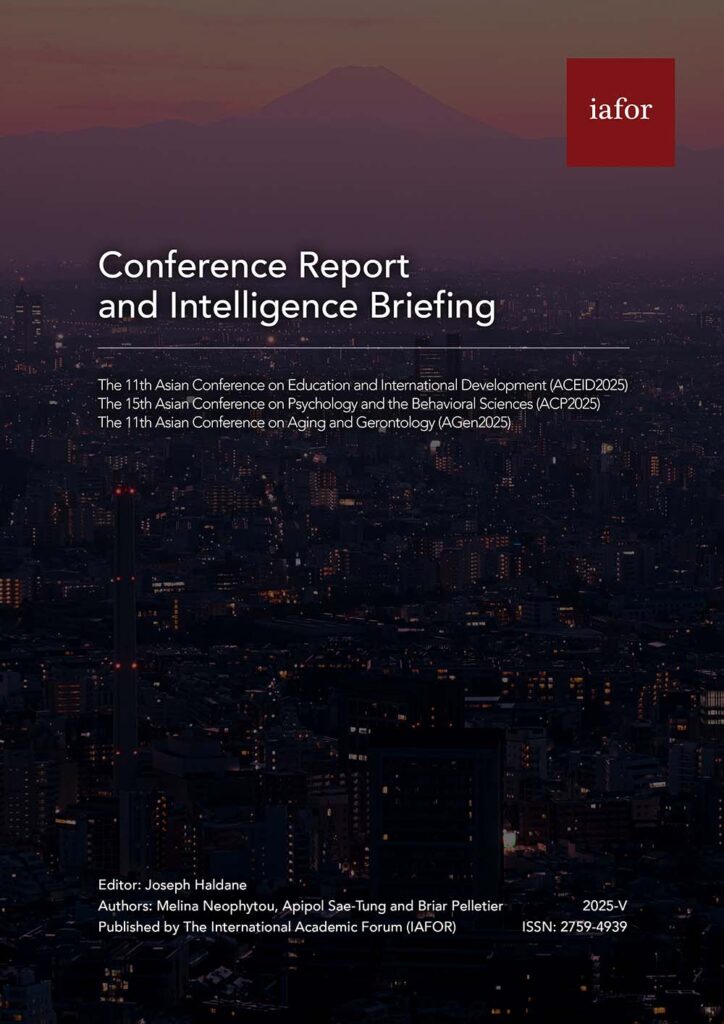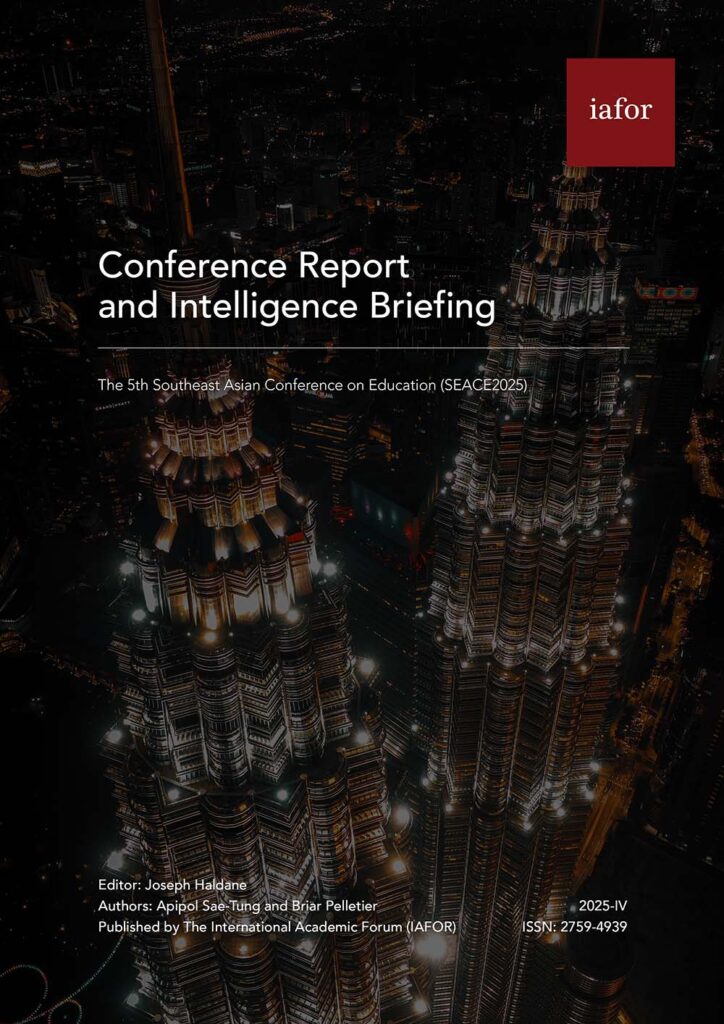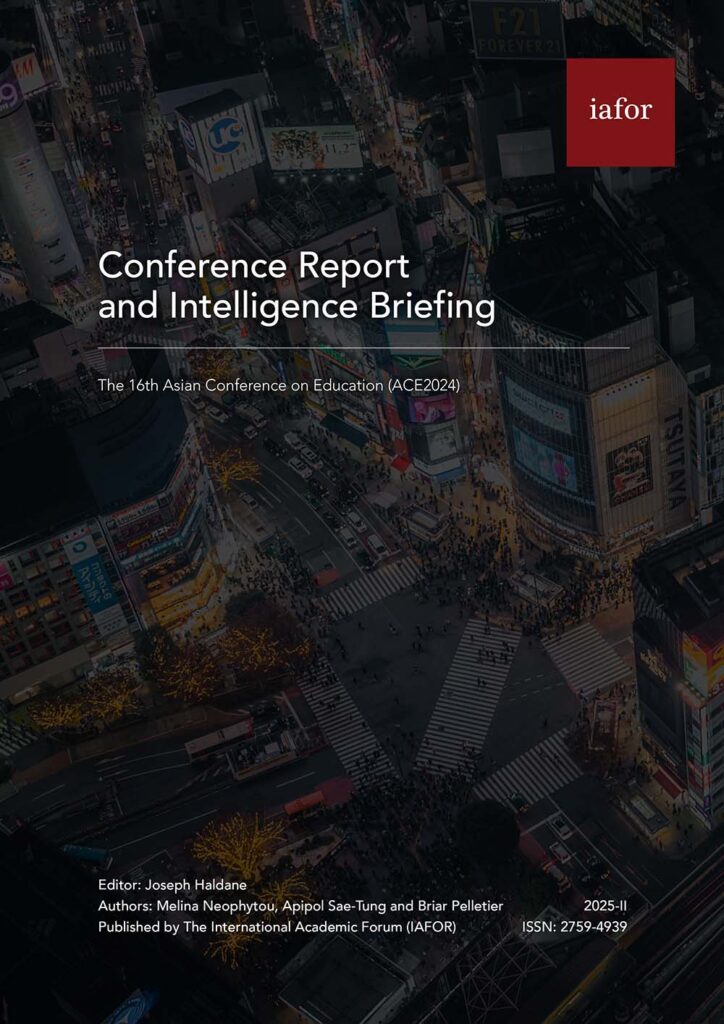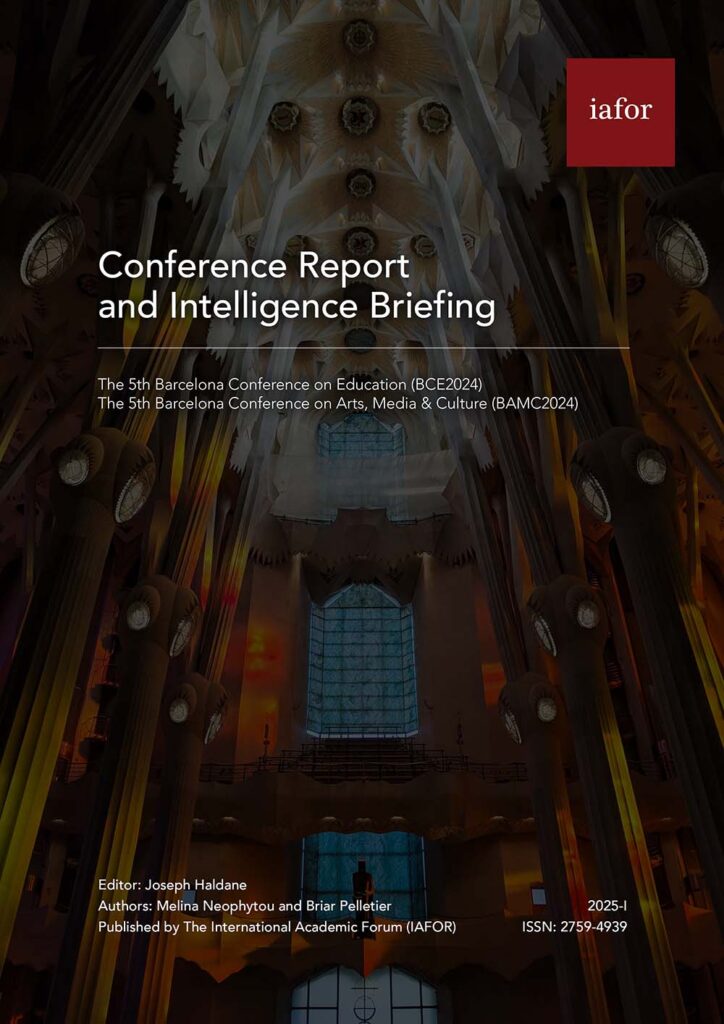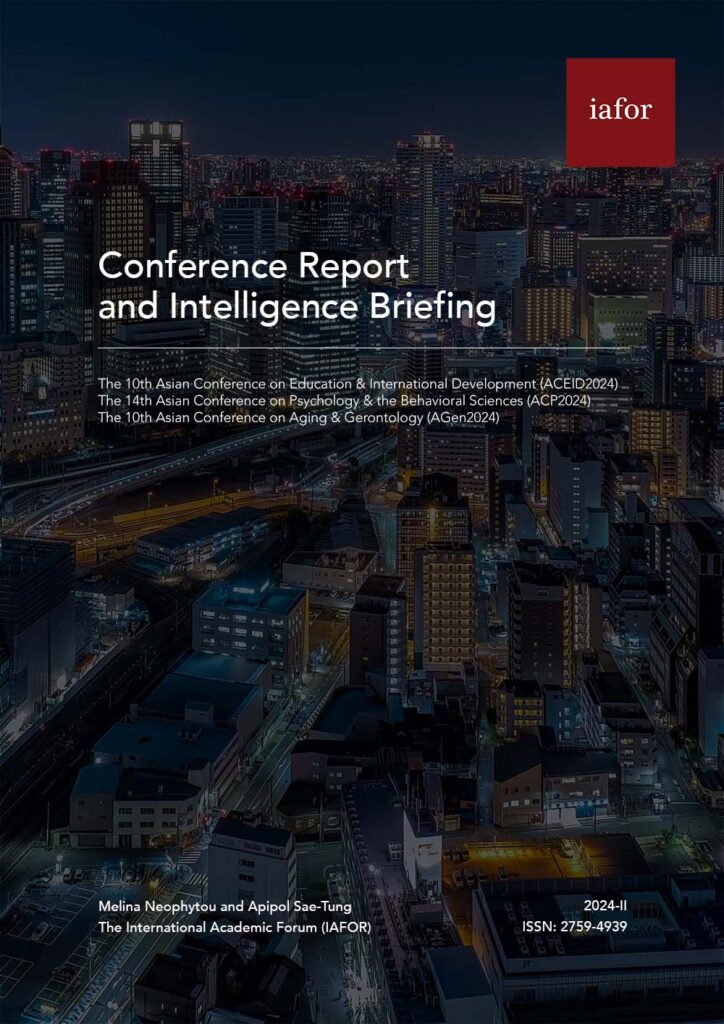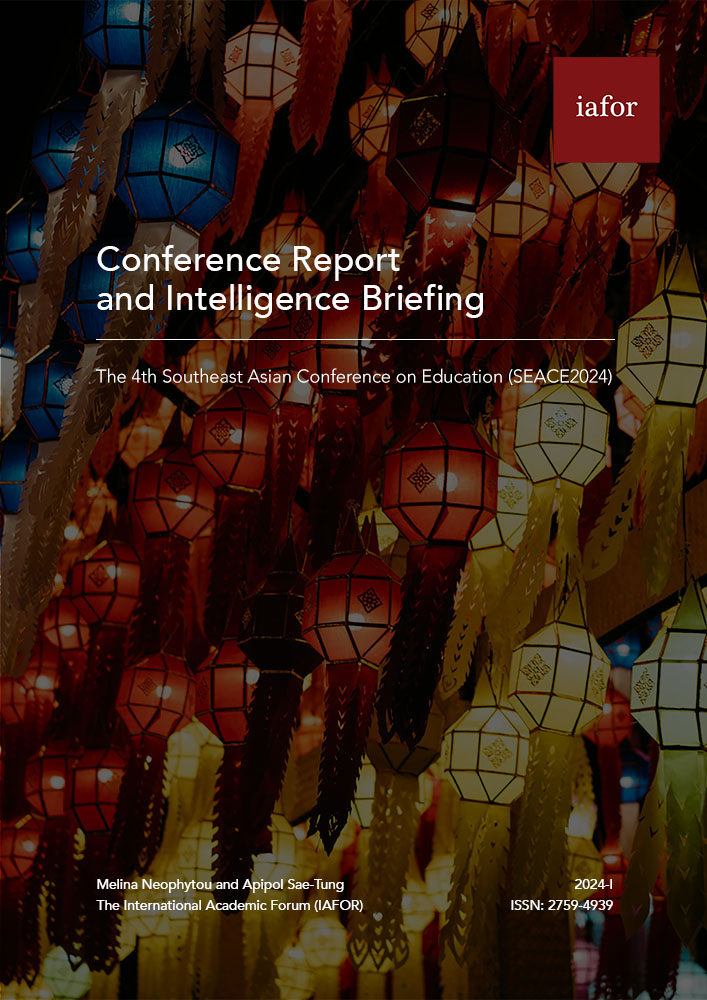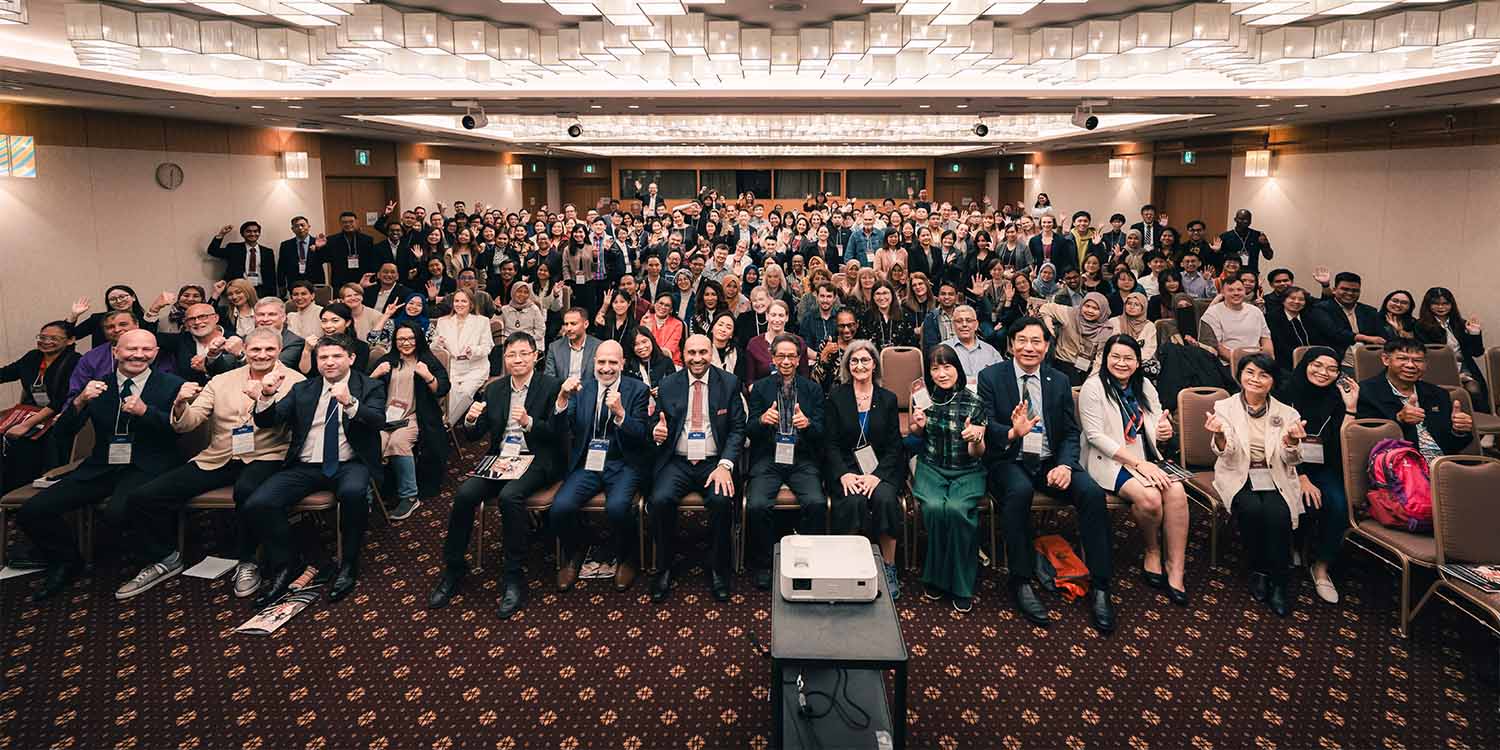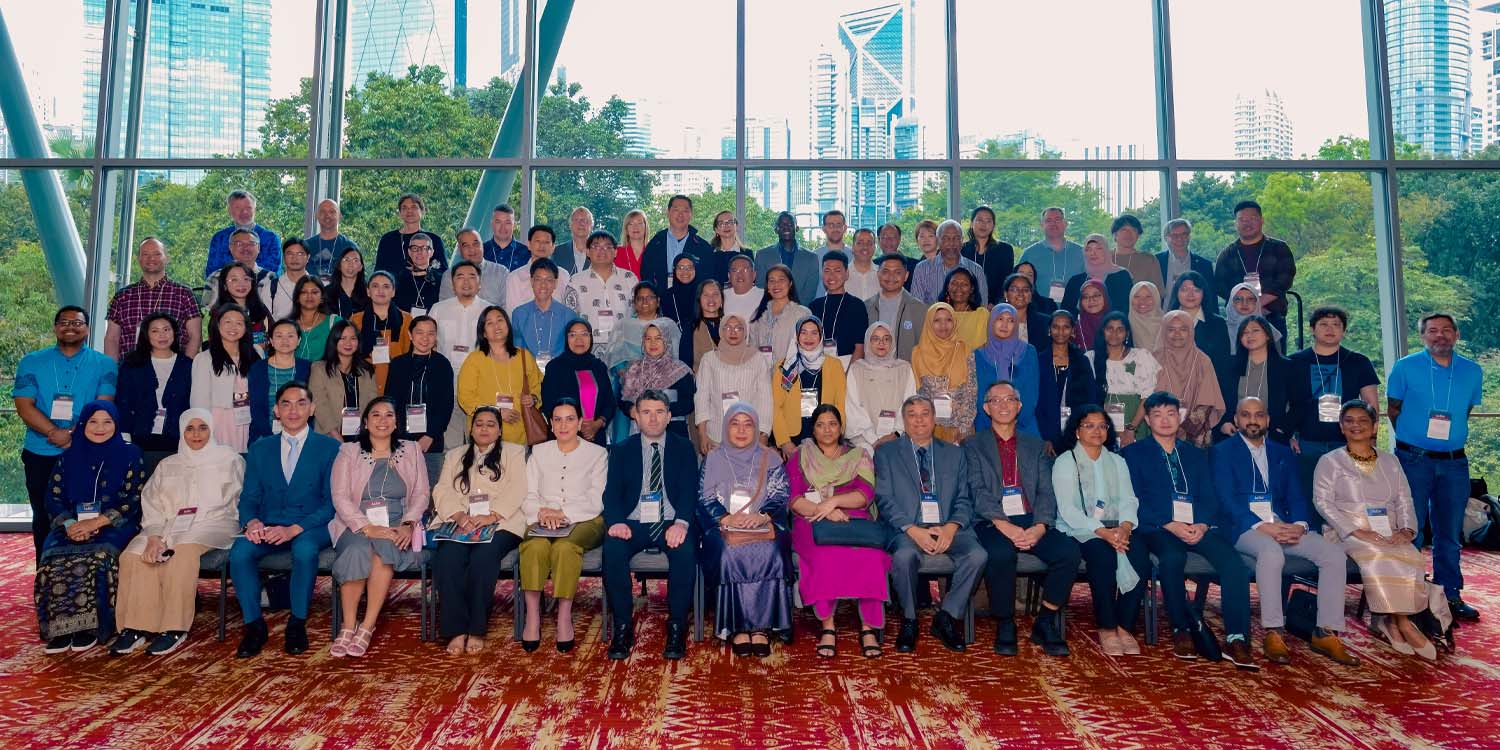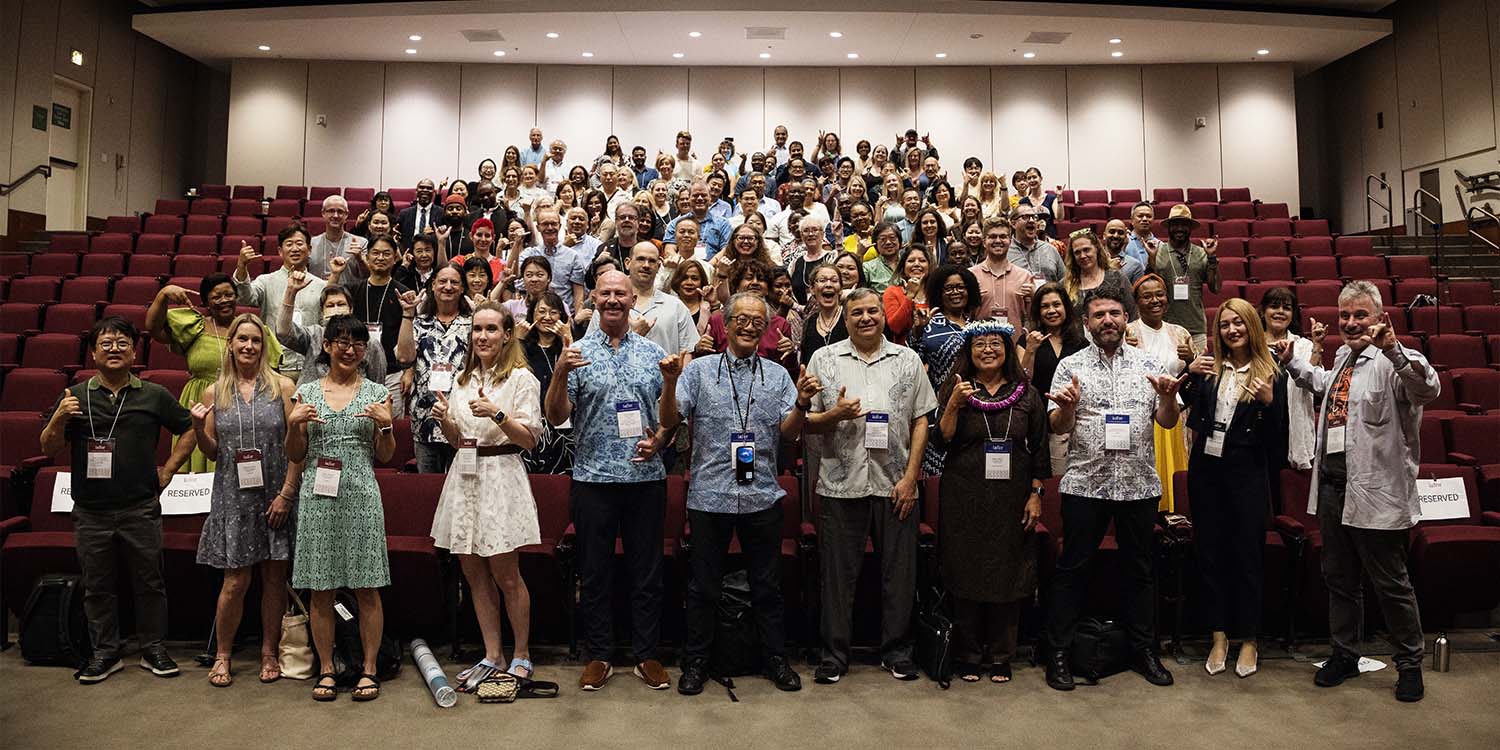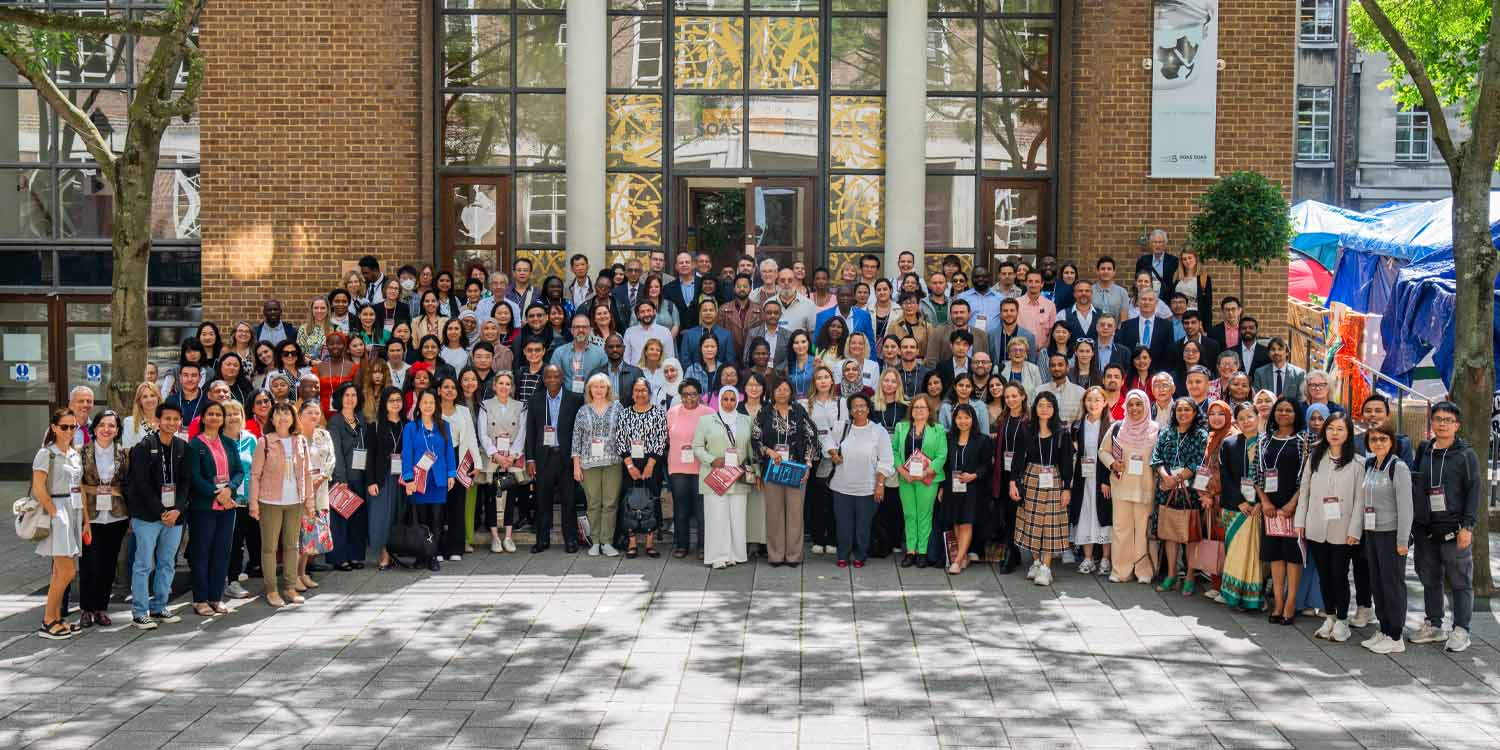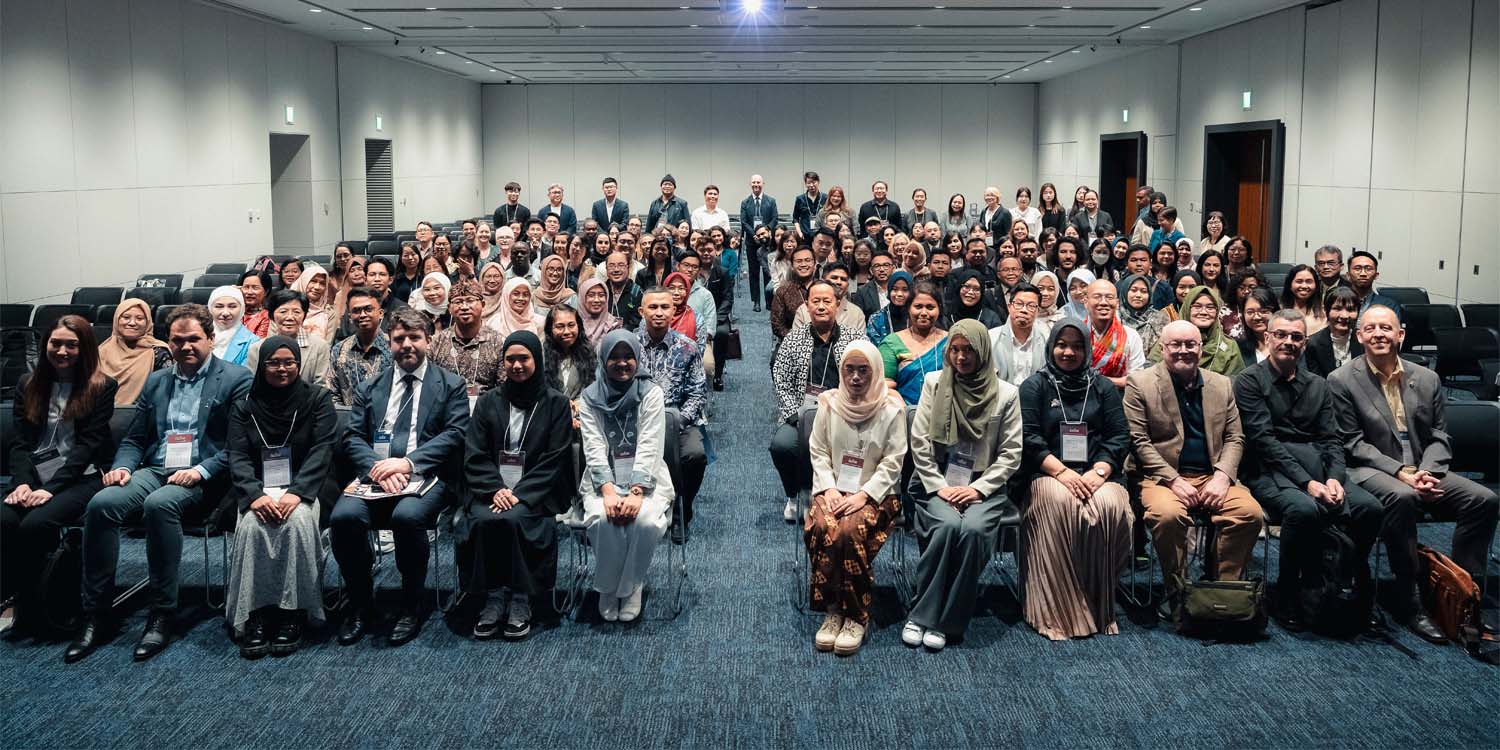IAFOR produces conference reports that provide concise and coherent overviews of the ideas, conversations and areas of research present. These include key themes and takeaways, referencing programme(s), speakers and attendees, which are curated and archived for both those who attended the event, as well as those who did not, to stay abreast of many of the developments and insights provided by the conference, and the collective intelligence of its participants. The reports are not meant to be, and indeed cannot be exhaustive, and yet they aim to make a significant intellectual contribution drawn from the unique collaborative and contrastive space of IAFOR events.
Links to video recordings of the presentations and interviews references are included where possible, encouraging readers to engage further with the conference material and presentations.
Each report contains photos of the event, as well as key statistics pertaining to general attendance and demographics.
Subscribe
Subscribe to our mailing list to receive the latest Conference Reports & Intelligence Briefings directly to your inbox and stay informed about the latest academic and professional developments from our conferences.
2025
-
ACEID/ACP/AGen2025March 24-29, 2025 | Tokyo, Japan
-
SEACE2025February 21-25, 2025 | Kuala Lumpur, Malaysia
-
IICE/IICAH2025January 3-7, 2025 | Honolulu, United States
2024
-
ACE2024November 25-29, 2024 | Tokyo, Japan
-
BCE/BAMC2024November 12-16, 2024 | Barcelona, Spain
-
KCE/KCAH2024October 27-November 01, 2024 | Incheon, South Korea
-
KAMC/MediAsia2024October 15-19, 2024 | Kyoto, Japan
-
ECE/ECLL/ECAH/EGen2024July 11-15 | London, UK
-
PCE/PCAH2024June 13-17 | Paris, France
-
ACAH/ACCS/ACSS2024May 23-27 | Tokyo, Japan
-
ACEID/ACP/AGen2024March 25-29 | Tokyo, Japan
-
SEACE2024February 15-19 | Chiang Mai, Thailand

